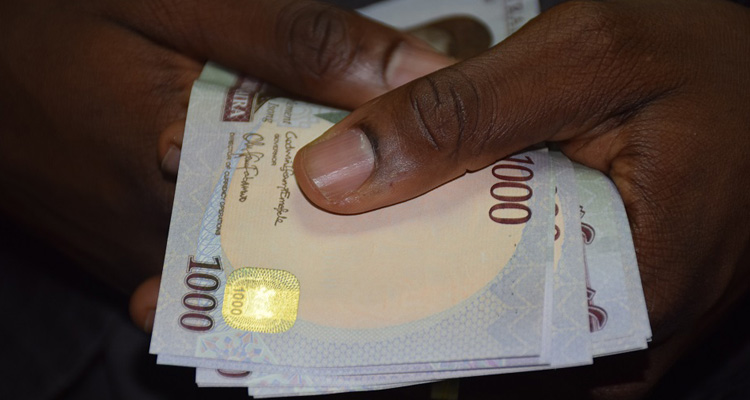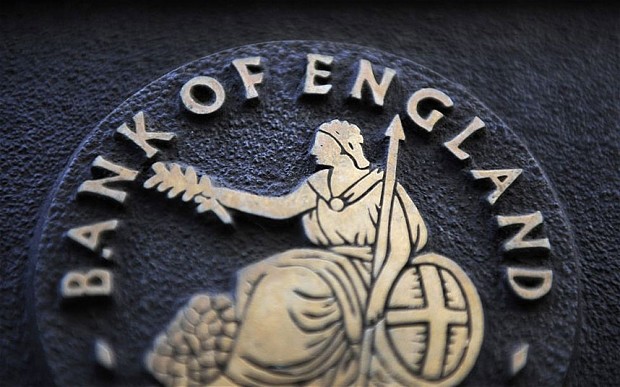The incredible reversal in appetite to risk sent MSCI international world index within a whisker of 2016 highs, as global equity markets recovered almost all losses post the U.K.’s vote to leave the European Union. Unfortunately, the rally in stocks is derived from prospect of major economies loosening monetary and fiscal policies rather than being fundamentally supported, which shows that eight years into the global financial crisis, economies are still depending on artificial support to sustain growth.
Data this morning showed Japan’s industrial output in May fell 2.6% on a monthly basis, more than the 2.3% fall previously anticipated. The yen rebounded slightly after a two-day drop of 4% over the past two days amid hopes that the Bank of Japan is preparing to loosen monetary policy further when it meets by the end of this month. However, latest comments from Japan’s chief cabinet secretary saying that the government was not considering the so called helicopter money sent USDJPY below 104, before recovering slightly higher. If markets did not experience another shock, and Prime Minister Shinzo Abe meets markets expectations with his fiscal plan, I expect the USDJPY might have bottomed out for Q3.
The pound recovered more than 4% from its 31-year trough, mainly driven by short covering positions and triggering of stop losses above 1.3 levels, as markets celebrated the news that Theresa May is set to become the next UK prime minister. However, volatility in the currency is far from over, and Thursday will be Carney’s most critical day as a governor when BoE meets for the first time post the Brexit result. Markets expect the central bank to cut rates by 25 basis points, but the Pound move will likely be derived on the guidance provided on how far the central bank can go with easing. A lower pound is probably sad news for U.K. importers and citizens planning for summer vacations outside the U.K., but this is not the main concern of the MPC, in fact a lower pound will boost exports and support the current account which has been in deficit for most of the past three decades. Volatility in the currency should be of greater worry as it makes investment decisions even harder and whether the BoE has the tools to stabilize the exchange rate remains the big challenge. I continue to prefer selling the rallies then buying the dips in the next couple of weeks.
For more information, please visit: ForexTime
Advertisement
Sayed is chief market strategist at FXTM
Add a comment






